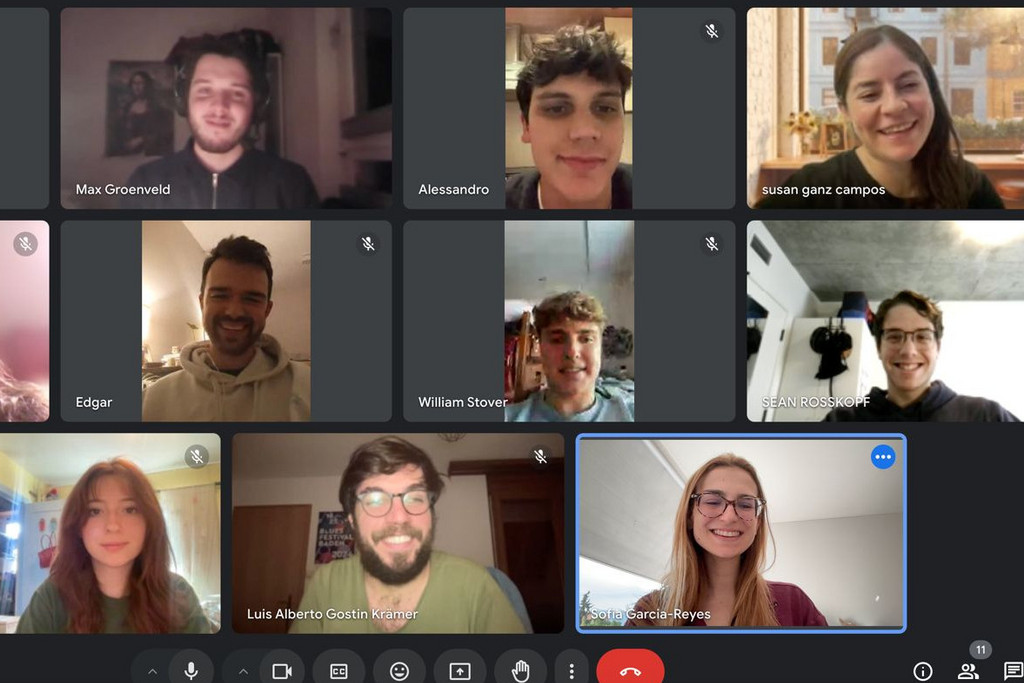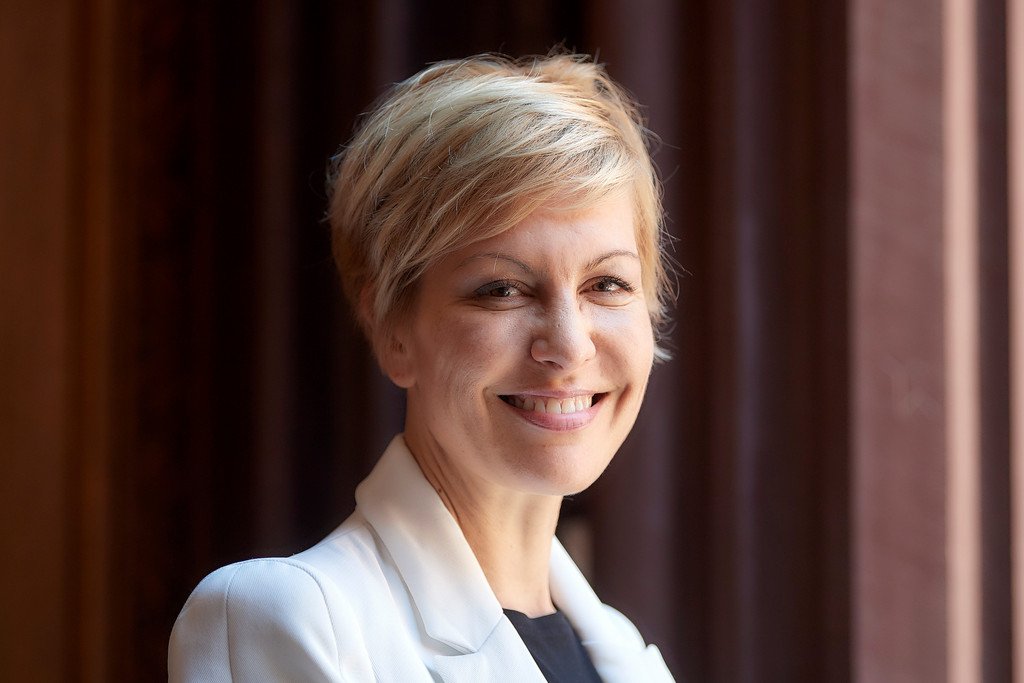How can I find an internship?
There is no official or central agency for internship places in Switzerland. Finding a suitable internship requires a great deal of initiative. Candidates must proactively search for appropriate places. Internships are also advertised alongside job vacancies on various websites.
Students wishing to go to a university of applied sciences after obtaining their school-leaving qualifications can contact their chosen institution directly. Many offer support with finding internship places either by providing a list of places that may offer internships or by offering information on partner companies. Some of these universities also provide preliminary courses which include internships and support interns during the pre-study placement.
Will my qualifications in Switzerland also be recognised abroad?
A distinction has to be made between professional and academic recognition with regard to the acknowledgement of degrees. Professional recognition is required to practise a profession or for professional accreditation. In contrast, academic recognition is important for admission to further courses of education or post-graduate study.
Professional recognition of a Swiss degree abroad must be verified with the authorities in the country concerned and not in Switzerland. It is generally assumed that courses of study in the EU/EFTA Member States are essentially equivalent. Each EU/EFTA country has a point of contact responsible for the recognition of professional qualifications.
The vocational qualifications of some professions, such as doctors, dentists, vets, chemists, general care staff, midwives and architects, are subject to specific guidelines.
What opportunities are available to bridge the period between school and education?
It is often actually quite difficult to find a training position directly after mandatory education. This not only applies to young Swiss people abroad but also to many youngsters who have grown up in Switzerland. Various reasons exist for this including, for example, insufficient linguistic knowledge, inadequate general education or the fact that the youngsters have not yet made a definite decision on their education. To provide these young people with more time, many private and public schools run special courses (10th year of school, career preparation courses and integration classes for youngsters speaking a foreign language, etc.). However, these bridging opportunities vary depending upon the canton. It is advisable to find out which bridging option is most suitable at an early stage.
Can I do a medical degree in Switzerland?
Places to study medicine are restricted in Switzerland. This means either that admission is based on a suitability test (in German-speaking Switzerland) or more stringent selection takes place after the first year of study (French-speaking Switzerland). Registration for medical degrees is carried out centrally and electronically and is mandatory. The registration deadline is 15 February 2016.
Candidates must check whether foreign school-leaving qualifications meet the admission criteria before registration.
We also recommend the online self-assessment test for checking a candidate’s suitability. More detailed information can be found at www.swissuniversities.ch
Further FAQs and information on education in Switzerland is available at www.educationsuisse.chor can be obtained directly from the staff of educationsuisse.







![[Translate to English:]](/fileadmin/_processed_/c/2/csm_online_Revue_2502_SC-Webinar_a26f678026.jpg)


Comments